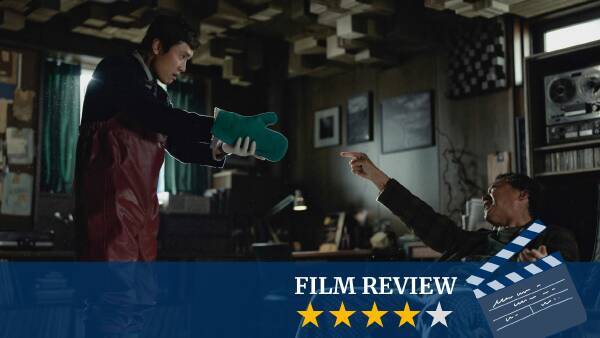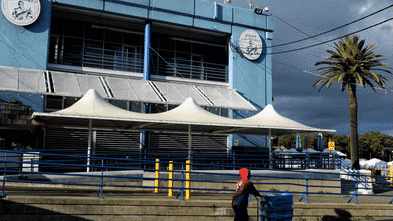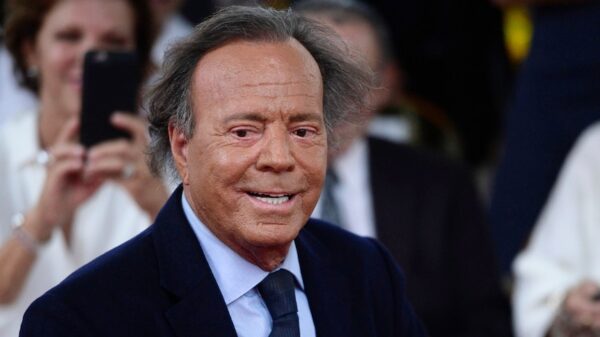US President Donald Trump has called upon NATO leaders to impose significant sanctions on China, aiming to penalize the country for its support of Russia amidst the ongoing conflict in Ukraine. In a statement made via social media, Trump expressed his readiness to enact drastic measures against China if NATO allies agree to his demands.
Trump criticized European leaders for continuing to purchase Russian oil, arguing that they have not taken sufficient economic action against Russia’s invasion of Ukraine. He proposed implementing tariffs ranging from 50 to 100 percent on Chinese goods to “break” its support for Russia. In his view, this step is vital to enhance NATO’s commitment to countering Russian aggression.
The former president’s remarks coincided with a commitment from several major European nations to bolster military support for Poland, aimed at defending against potential threats from Russian drones. Additionally, European leaders have been visiting Ukraine to pledge increased financial assistance. Despite these developments, the European Union has been hesitant to adopt tariffs against China, reflecting a more cautious approach in its relations with the Asian superpower.
Ukrainian President Volodymyr Zelensky welcomed Trump’s initiative, indicating a willingness to engage in negotiations with Russian President Vladimir Putin. Nonetheless, he underscored the necessity for additional funding to develop thousands of interceptor drones, essential for mitigating the impact of Russian drone strikes.
Trump’s call for action was articulated in what he described as an open letter to NATO leaders and the global community, although he did not specify which Chinese exports should be targeted. He stated, “I am ready to do major sanctions on Russia when all NATO nations have agreed and started to do the same thing.” His assertion that NATO has been “less than 100 per cent” committed reflects his broader critique of the alliance’s response to the conflict.
As the geopolitical landscape continues to evolve, the implications of Trump’s demands for NATO and its strategy towards both Russia and China remain to be seen. The challenge lies not only in the actions of NATO member states but also in balancing their economic interests with robust support for Ukraine.

































































